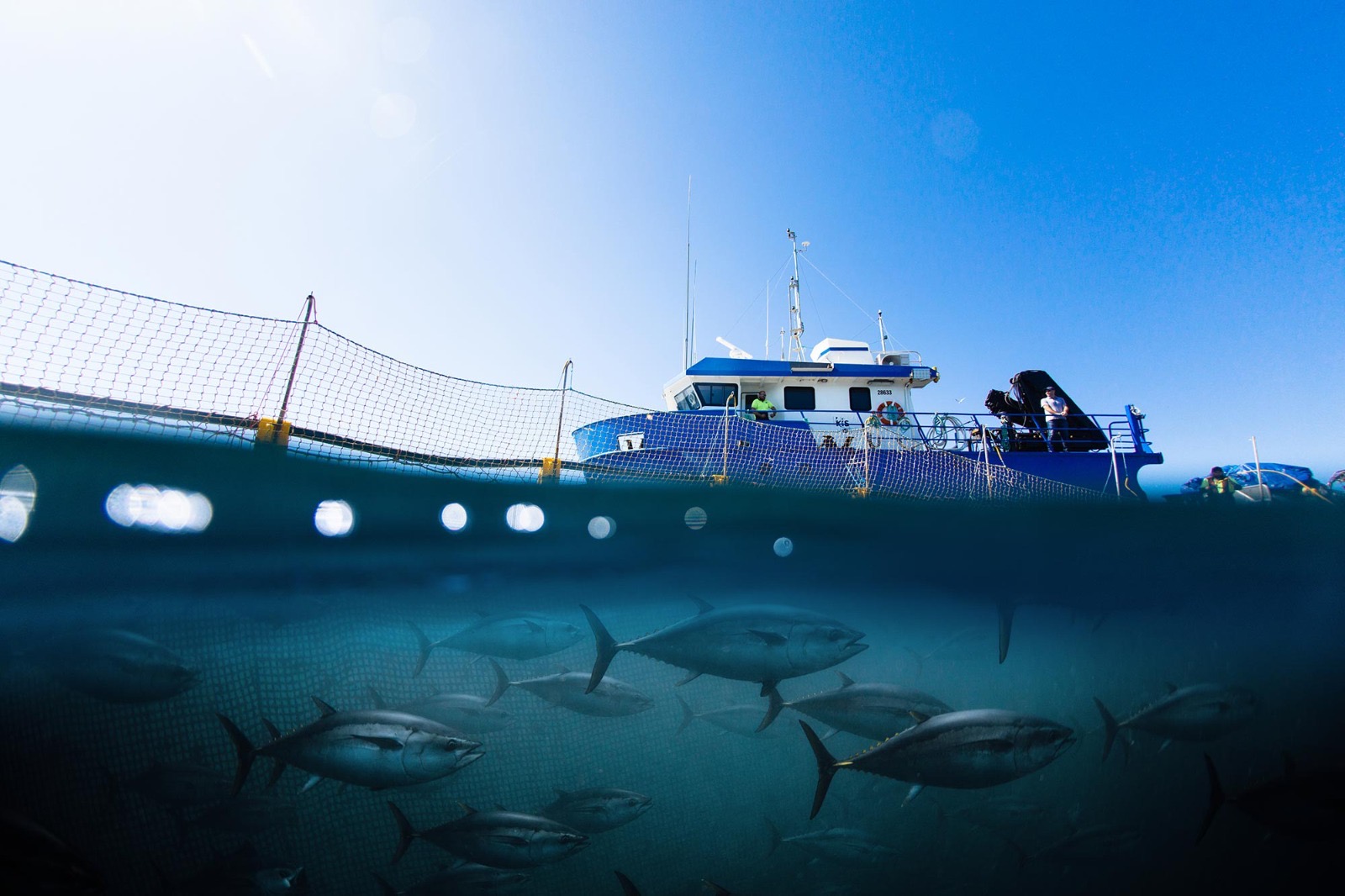In a historic first, the Australian Southern Bluefin Tuna Industry Association (ASBTIA) has had their purse seine fishery certified as sustainable to the Marine Stewardship Council (MSC) standard - a significant milestone for a sought-after species once severely overfished.
The historic achievement by the Australian Southern Bluefin Tuna Industry Association (ASBTIA) highlights the success of long-term, science-based fisheries management, international cooperation, and vigorous quota enforcement. It also reflects the remarkable recovery of SBT caught off Australia, which has now been removed from Australia’s Environment Protection and Biodiversity Conservation (EPBC) list of threatened species.

The announcement was praised by Minister for the Environment and Water, the Hon. Tanya Plibersek MP, who acknowledged industry’s role in achieving both environmental and economic outcomes. “Environmental conservation and sustainable industry go hand in hand - and Aussie industry is world beating. The Australian tuna fishing industry has done such terrific work that the Southern bluefin tuna population is now healthy.”
Southern Bluefin Tuna plays a key economic role in Port Lincoln, South Australia, and is prized globally for its quality and rich flavour — especially in high-end Japanese sushi and sashimi markets.
With MSC certification, the fishery now meets the growing demand for eco-labelled, sustainably sourced seafood, offering global buyers and consumers' confidence in its sustainability credentials.
“With its successful MSC certification, the Southern Bluefin Tuna Fishery is now recognised as one of the most sustainable fishing operations in the world... This certification is not just a badge of honour but proof that sustainable fishing practices can reverse environmental challenges.” Said Anne Gabriel, MSC Program Director, Oceania and Singapore.
The MSC’s independent assessment evaluates fisheries on stock health, ecosystem impact, and management. ASBTIA’s certification is a beacon for what’s possible when science guides industry practice.
ASBTIA CEO Daniel Casement welcomed the certification as a milestone for the industry: “It is hugely rewarding to be certified against the MSC standard, the world's most recognised eco-label. This is recognition for decades of innovation, commitment to conserving Southern Bluefin Tuna, and developing as a global leader in tuna production...”
He added, “Being the first Southern Bluefin Tuna Fishery in the world to achieve this... is humbling yet fills us full of excitement as to what is still ahead of us with MSC certification as our platform for industry, market, and product development.”
Why It Matters:
- World-first MSC certification for Southern Bluefin Tuna
- Demonstrates that recovery is possible for highly valued species
- Builds global trust in sustainable fisheries through the MSC certification
- Signals that economic value and ecological sustainability can go hand in hand
- Opens new export opportunities in Europe, Asia, and eco-conscious markets
“South Australia is a global sustainability leader... Certification confirms we are not only catching the best tuna in the world but doing so with the best and most sustainable methods.”
- Joe Szakacs, South Australian Minister for Trade and Investment
“MSC certification is a feather in the cap of a fishery and a community that has consistently prioritised science-based management... proof of what is possible when industry and government work together.” - Veronica Papacosta, CEO, Seafood Industry Australia
“ARFF recognises that all Australian fishing sectors have played an important role... We look forward to continuing to play our part in responsible fishing.” - Australian Recreational Fishing Foundation
“Marine Stewardship Council certification for our industry has been a long time coming and means so much to us... This accreditation is a milestone event for our industry.” - Marcus Stehr, Managing Director, Stehr Group


